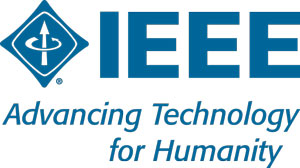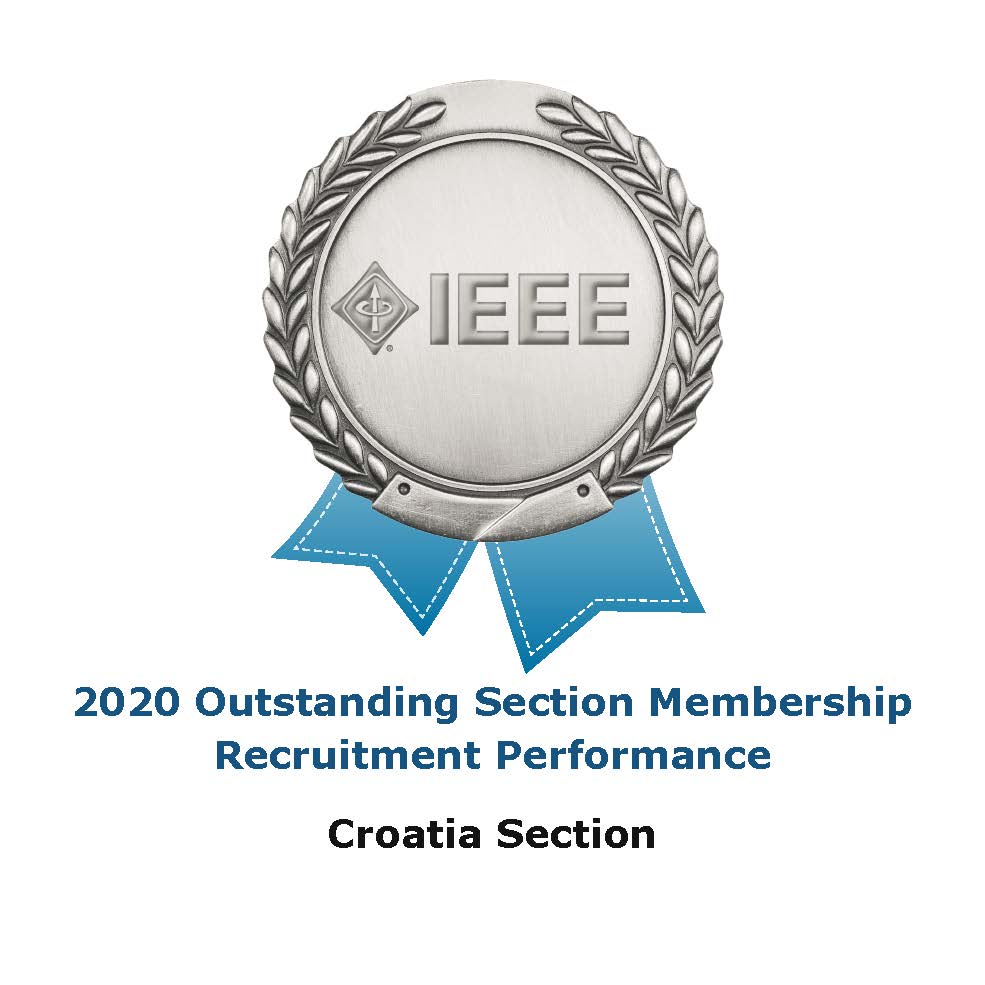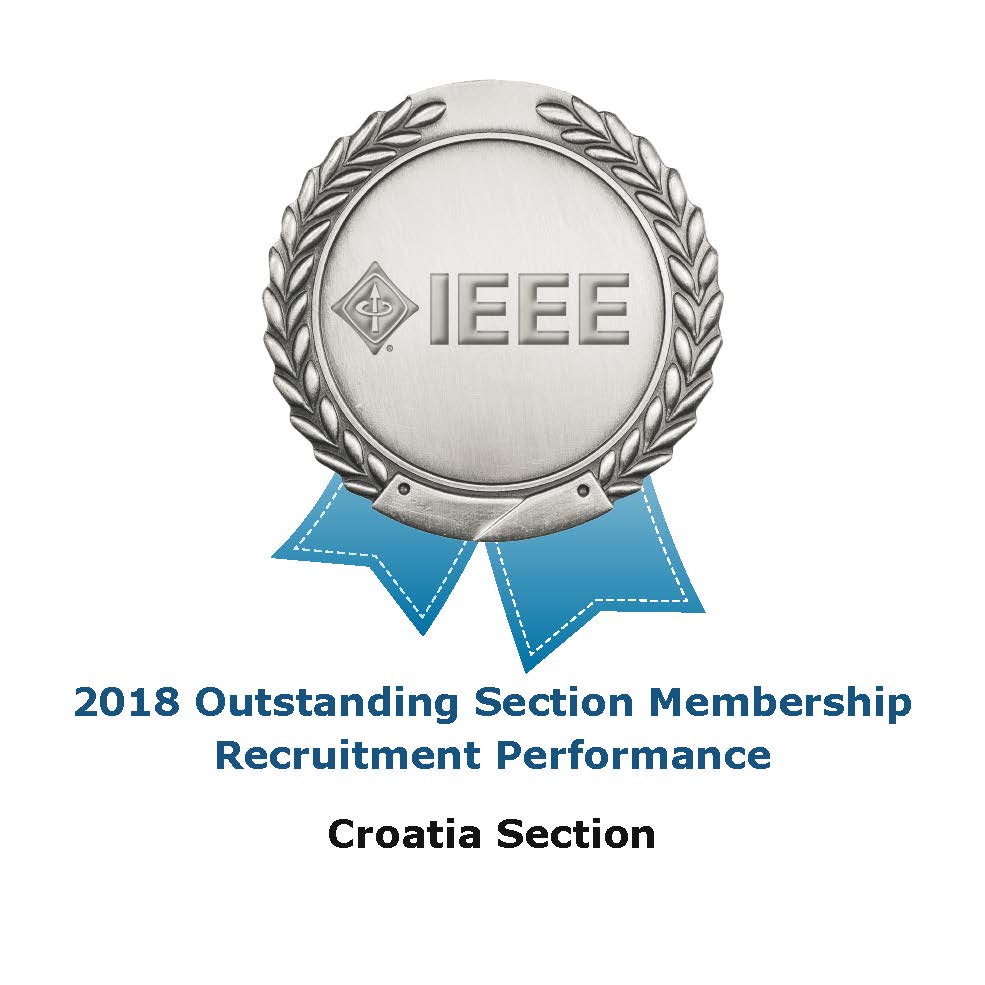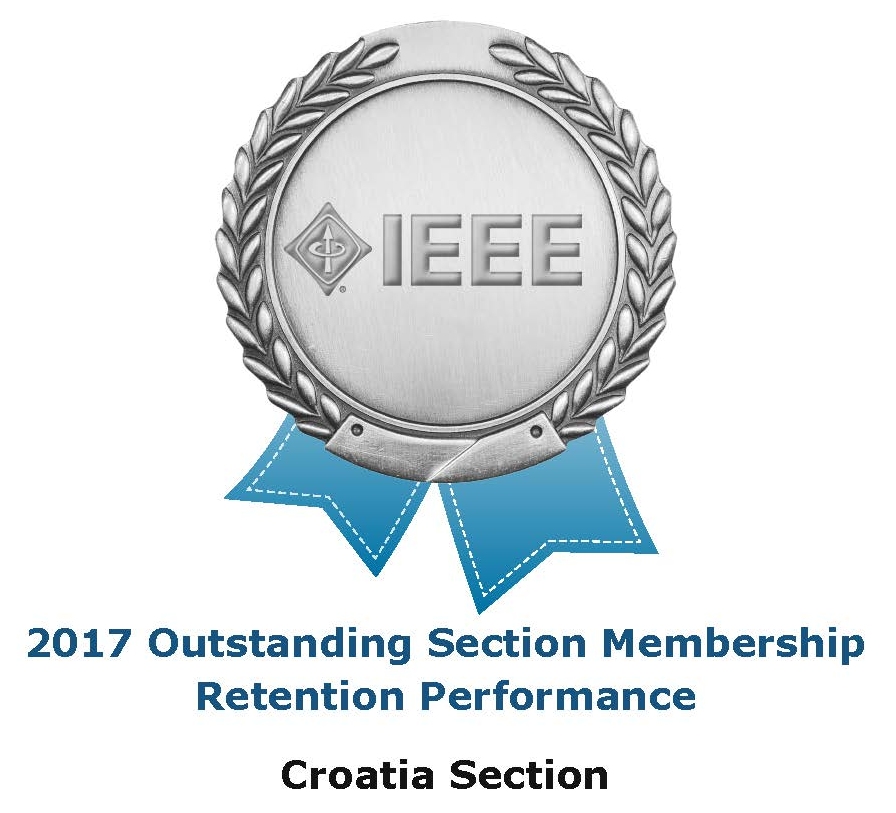Zavod za visoki napon i energetiku (FER) i Odjel za elektroenergetiku (PES) te Hrvatska sekcija IEEE-a pozivaju Vas na predavanje:
ChatGPT: What can large pre-trained language models say about the future?
koje će održati dr. sc. Martin Tutek, istraživač s "Ubiquitous Knowledge Processing Lab" s Technical University of Darmstadts.
Predavanja će se održati u četvrtak, 22. prosinca 2022. godine u 17:00 sati u Sivoj vijećnici FER-a.
Ukupno predvidivo trajanje predavanja je 60 minuta, a odvijat će se na engleskom jeziku. Predavanje je otvoreno za sve zainteresirane, a posebno pozivamo djelatnike, studente, istraživače te kolege iz industrije i elektroprivrede koji se bave ili ih zanima ova vrlo aktualna tema.
Sažetak predavanja i životopis predavača možete pronaći u nastavku obavijesti.
Sažetak:
GPT-3, ChatGPT, DALLE-2 and GitHub Copilot are just some models based on neural networks which have recently been making waves in the world of machine learning. With their impressive capabilities in image, text and code generation, as well as answering complex natural language queries, it seems that any day now they will have a massive impact on our everyday lives. However, despite their impressive competences, these models still possess limitations which need to be addressed before their widespread adoption.
In this talk, we will focus on the recent ChatGPT model and the domain of natural language processing. First, we will take a deeper look at the underlying GPT-3 Transformer model and the task of language modeling used to train massive neural networks for natural language processing (NLP) and showcase the traditional ways of applying such pretrained language models (PLMs) for various downstream NLP tasks: fine-tuning and prompting. Then, we will bridge the gap between GPT-3 and ChatGPT by introducing reinforcement learning through human feedback (RLHF) and the InstructGPT model. Finally, we will discuss some of the remaining major issues in PLMs: structured planning, grounding, controllability and energy consumption, showcase use-cases models such as ChatGPT can be used for and provide an overview of promising future research directions. ž
Kratki životopis Martina Tuteka:
Martin Tutek received his M.Sc. in Computer Science at the Faculty of Electrical Engineering and Computing at the University of Zagreb in 2014. From September 2014. until September 2015., he was employed at the Joint Research Centre of the European Commission in Ispra. In 2016, he started his PhD at the Faculty of Electrical Engineering and Computing, University of Zagreb, under the Supervision of prof. Jan Šnajder. In July 2022, he defended his doctoral thesis titled “Extending the recurrent neural network model for improved compositional modelling of text sequences”. From September 2022, he is employed as a postdoctoral researcher at the Ubiquitous Knowledge Processing Lab at the Technical University of Darmstadt. His research is focused on explainability of neural models for natural language processing and learning sparse and structured representations.







